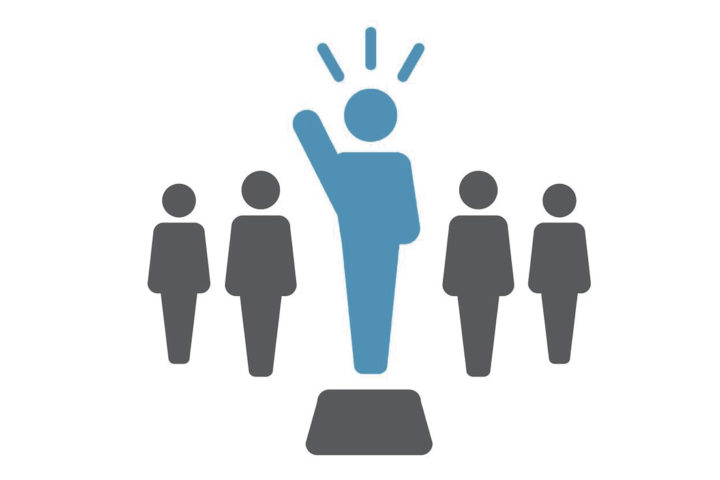My first experience with human resources leadership development was as an employee of a valve manufacturing company. The Department was called Personnel and they set up my payroll, walked through my benefits, gave me a tour of the facility and introduced me to my supervisor. Among other things – like the mandatory use of safety glasses in the machine shop and the required training on how valves were manufactured (?) – he let me know that if I called in sick, the company nurse would call me at home to confirm that I was indeed sick.
I’m sorry, WHAT?
From that day I regarded “Personnel” as paperwork, policy, procedures and punishment. And it was certainly nothing I (nor anyone else) wanted anything to do with.
Fast forward two jobs and ten years later and I found myself as a Training & Development Manager – happily employed despite reporting into HR. My opinion was still tainted by my Personnel experience and I delighted in brandishing a metaphorical wooden cross and chain of garlic when anyone suggested a career progression into HR. Unfortunately, a staffing crisis unfolded and my Director ended up dragging me kicking and screaming into an HR Manager role. “It will be good for you”, she said. “You need field experience”, she said. “You don’t have a choice”, she confirmed. Damn.
How I was HR-Raised
But then, the clouds parted, angels sang and light poured down from the heavens. Some of the smartest, most empathetic, whole-business-thinkers taught me what HR can be if it is approached from a strategic perspective. In hindsight, I have had the privilege of reporting into one of the most forward-thinking, business-oriented, seat-at-the-table-earning, performance-focused HR leaders – and therefore HR departments – that I have ever been acquainted with in all my 25+ years of practicing.
HR leadership development
- There was built-in business savvy. Most HR leaders held business degrees or MBA’s.
- We were generalists who learned by doing. Leaders talked through decisions out loud so that we could connect dots.
- We were thrown into the deep end but knew a rope floated somewhere relatively close nearby.
- Leaders were committed to answering “how can we?” as opposed to “why can’t we?”
- Self-care and self-respect was assumed for both the people and the profession. HR mattered as much as anyone else.
- We were coached to speak the language of the business and to understand the industry.
- We fired people who didn’t perform and promoted people who did.
- This was true HR leadership development.
Uncommon HR
25 years have passed since I joined that HR shop. Over that time, dozens of OUTSTANDING human resource professionals have gotten their start and gone on to earn top HR leadership positions in their current organizations. They are regarded as strategic, insightful and essential members of their C-suites. As I’ve said before, I was raised by uncommon HR practitioners, I became an Uncommon HR Practitioner and I’m passionate about making and mentoring more of us.


 Everything you need to become everything you want
Everything you need to become everything you want